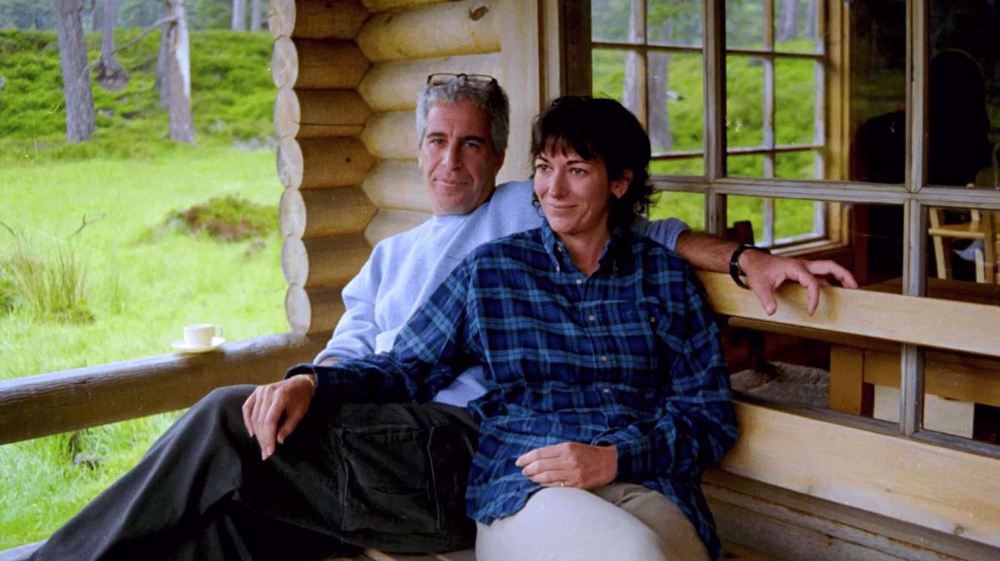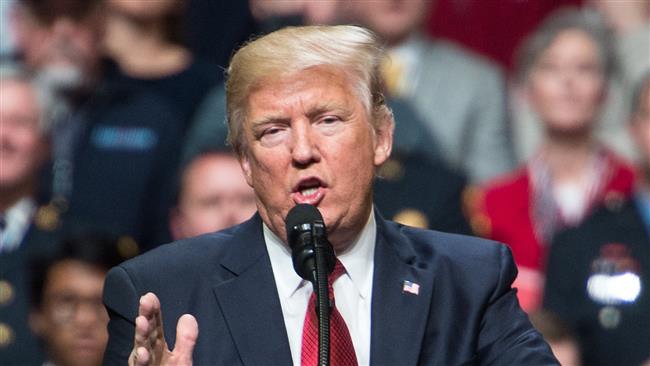US Supreme Court rejects Trump’s travel ban on relatives
The US Supreme Court has rejected an attempt by President Donald Trump to include grandparents and other relatives of US citizens in his travel ban on people from six predominantly Muslim nations.
The high court’s decision on Wednesday means that grandparents, grandchildren, uncles, aunts, nephews, nieces, cousins, and siblings-in-law are not included in the 90-day travel ban on people from Iran, Syria, Libya, Yemen, Somalia and Sudan who want to enter the US.
But the Supreme Court judges also gave the Trump administration the right to enforce a separate travel ban on refugees, which could block entry of up to 24,000 refugees who have a connection to a US resettlement agency.
But in a partial win for Trump, the court gave the government more leeway to enforce a separate ban on refugees that was included in a March 6 executive order the president said was necessary for national security.
Last Friday, the White House asked the high court to overturn a ruling on Thursday by US District Judge Derrick Watson in the state of Hawaii, which narrowed the scope of the administration's temporary ban on travelers and the 120-day ban on refugees.
Trump issued a revised travel ban on March 6 after his initial directive signed in January was blocked by a federal judge in Seattle, Washington. However, the revised order was also blocked by federal judges in the states of Hawaii and Maryland and upheld by a federal appeals court.
Read More:
- US Supreme Court keeps parts of Trump's travel ban in place
- White House appeals travel ban to Supreme Court
- Hawaii judge narrows Trump's travel ban
The Supreme Court will hear oral arguments on the legality of Trump’s executive order in the court's next term, which starts in October and deliver a final ruling.
Last month, the US Supreme Court granted the Trump administration’s request to reinstate parts of the travel ban, after months of legal battle between the government and some states in federal courts.
The high court ruled that the government could not enforce the travel restrictions on people with “a credible claim of a bona fide relationship” with a person or entity in the United States.
The Trump administration then decided to make exceptions for spouses, parents, parents-in-law, children, sons-in-law and daughters-in-law, fiancés and siblings of those already in the country. However, they barred grandparents, grandchildren, aunts, uncles, nieces, nephews, cousins, brothers-in-law and sisters-in-law.
N. Korea, Russia bound in ‘blood of war’: Kim tells Putin in New Year note
VIDEO | Radiopharmaceuticals reshape cancer treatment in Iran
VIDEO | New York declares state of emergency ahead of winter snow storm
The curious case of Lebanese maritime captain’s abduction by Israel and Beirut’s indifference
VIDEO | Press TV's news headlines
VIDEO | Eastern Yemen escalates as Saudi-Omani military coordination emerges
Palestinian journalists’ union denounces Israel for ‘silencing’ press through systematic attacks
‘Trump witnessed killing, disposal of Epstein victim’s infant,’ released files show

















 This makes it easy to access the Press TV website
This makes it easy to access the Press TV website